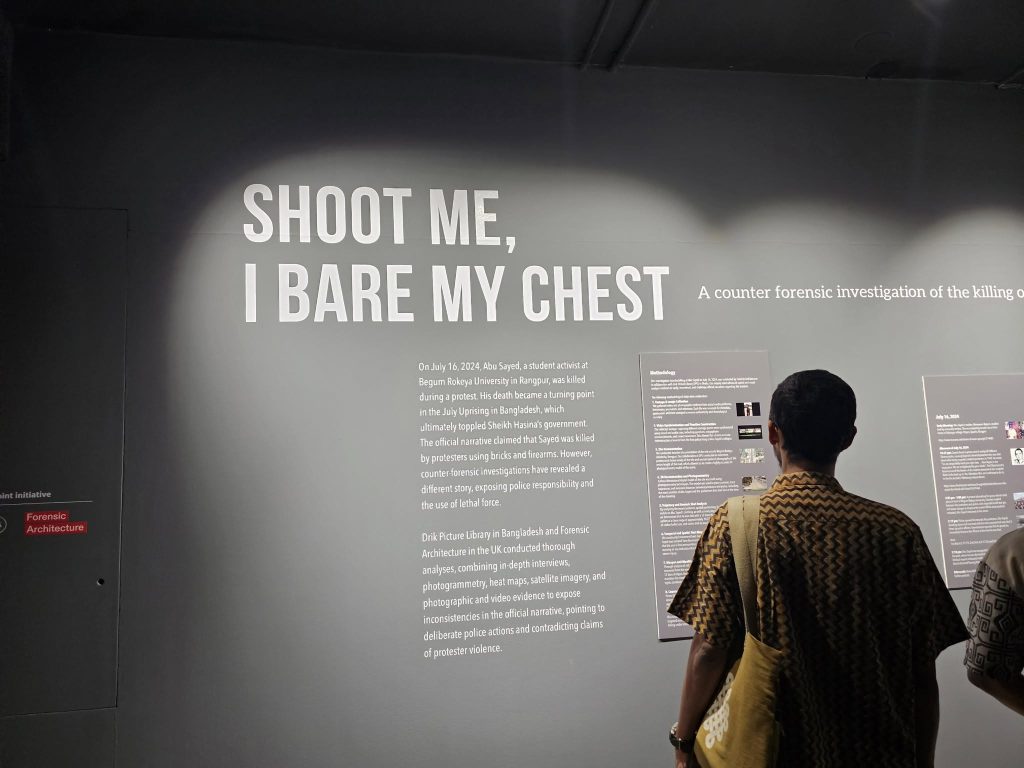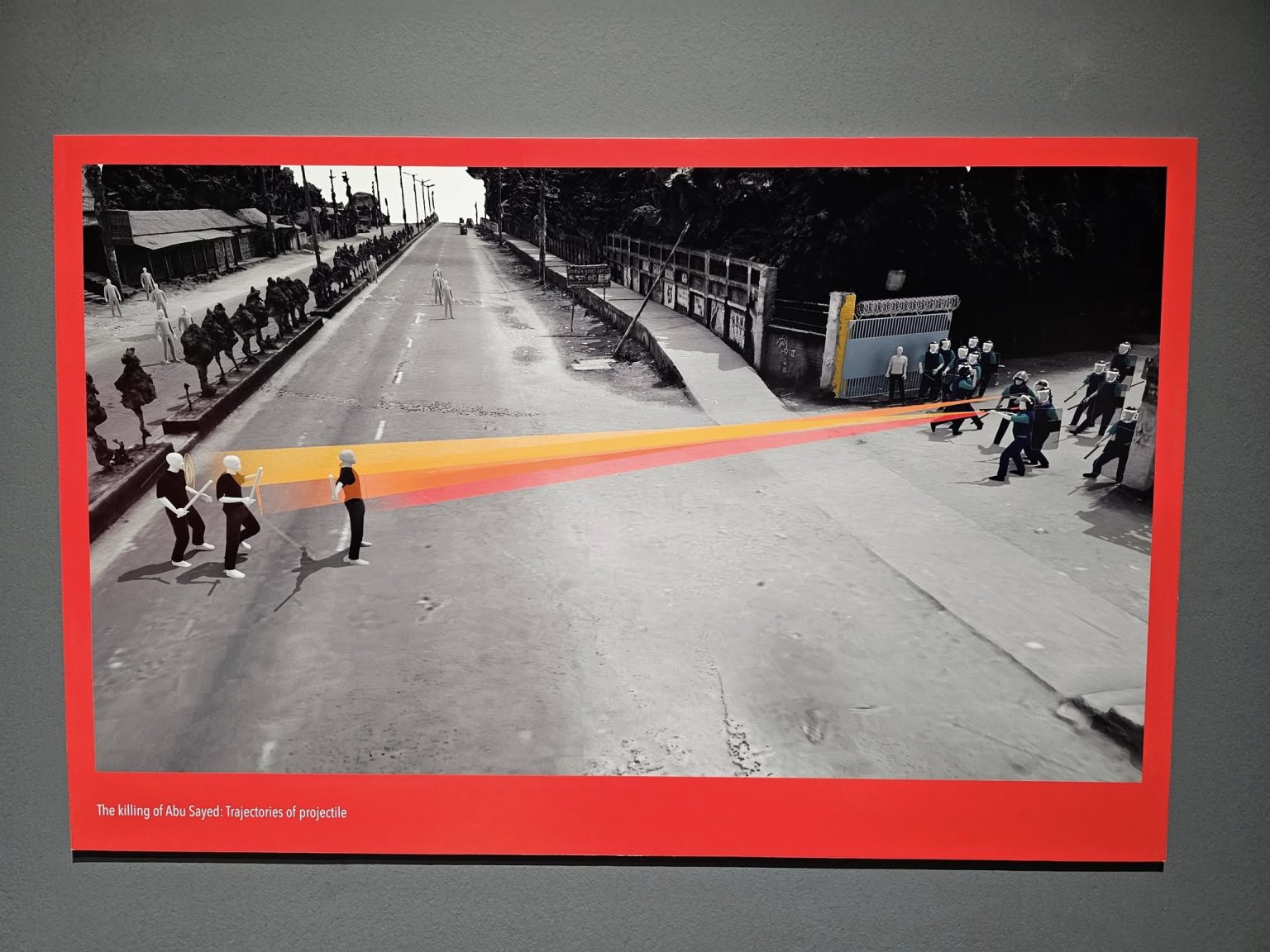At least one Indian media outlet, in a belated article, exposed Sheikh Hasina’s ties to the July-August massacre in Bangladesh last year.
In opinion piece titled ‘Hasina’s Reckoning’, The Statesman wrote: The recent revelations surrounding former Bangladesh Prime Minister Sheikh Hasina mark a dark and defining chapter in the political evolution of South Asia. Once celebrated as a champion of democracy and the architect of Bangladesh’s economic rise, Sheikh Hasina now stands accused of personally authorising one of the most brutal peacetime crackdowns in the region’s recent history. The allegations, backed by verified audio recordings and forensic analysis, point to direct orders from Sheikh Hasina to use lethal force against student-led protesters last year.
“These protests, initially triggered by grievances over civil service quotas, quickly snowballed into a national uprising that exposed the fault lines in Bangladesh’s governance. What followed was not a miscalculated overreaction by local law enforcement– it was a coordinated, top-down use of state violence that left, by some accounts, more than a 1,000 dead on the streets of Dhaka and other cities. This descent into autocracy was not sudden,” it said.
Over the past decade, The Statesman wrote: The former Prime Minister increasingly centralised power, eroded judicial independence, and muzzled dissent through surveillance, censorship, and arbitrary detention. The massacre of August 5– arguably the deadliest day in the unrest– was not an aberration but the culmination of years of authoritarian consolidation disguised as democratic mandate. The trauma from last year’s carnage still haunts Bangladesh’s youth, many of whom saw friends gunned down in broad daylight for simply demanding fairness, dignity, and democratic accountability. Even as the leaked recordings gain international attention, Hasina’s party remains defiant, claiming the actions were proportionate and made in good faith.

“But the documented facts tell a different story: police units armed with military-grade rifles, shooting at unarmed demonstrators for over half an hour; forensic voice-matching confirming Hasina’s directives; and the use of government surveillance infrastructure to monitor and suppress opposition. The implications of these revelations stretch beyond the borders of Bangladesh. They raise urgent questions about how the international community, especially neighbouring democracies, respond to political violence carried out by entrenched regimes. For the South Asian region, Bangladesh’s crisis is both a cautionary tale and a call to vigilance,” it wrote.
The Statesman said: The fact that the transitional government led by Nobel laureate Muhammad Yunus, that stepped in to stabilise the situation, is yet to offer a glimmer of hope is also concerning. However, Bangladesh’s path to genuine democratic recovery will depend not only on free and fair elections but also on a national reckoning with the atrocities committed. Justice must be pursued not for vengeance but to ensure that no future leader– no matter how popular or pedigreed– can wield unchecked power with impunity. As history is being written in Dhaka, the region must watch closely. For all the rhetoric about stability and development, the true measure of a government lies in how it treats its people when they rise in dissent. Sheikh Hasina failed that test– fatally.


